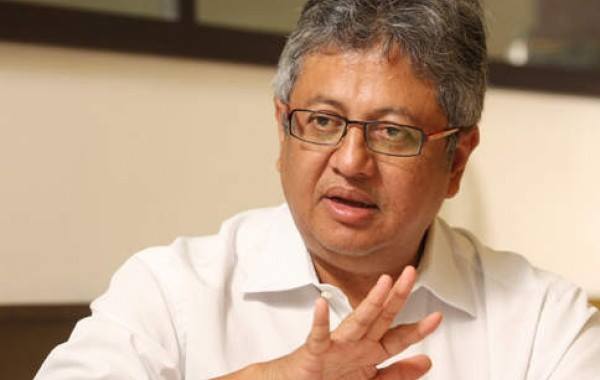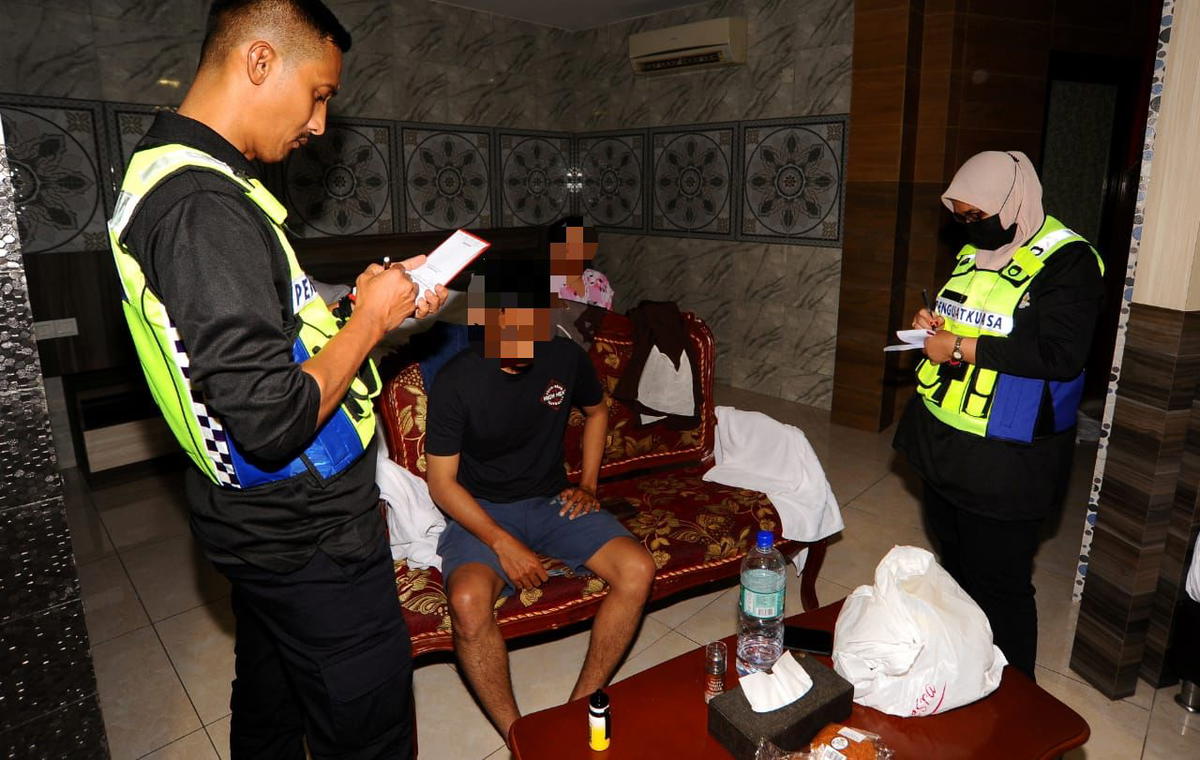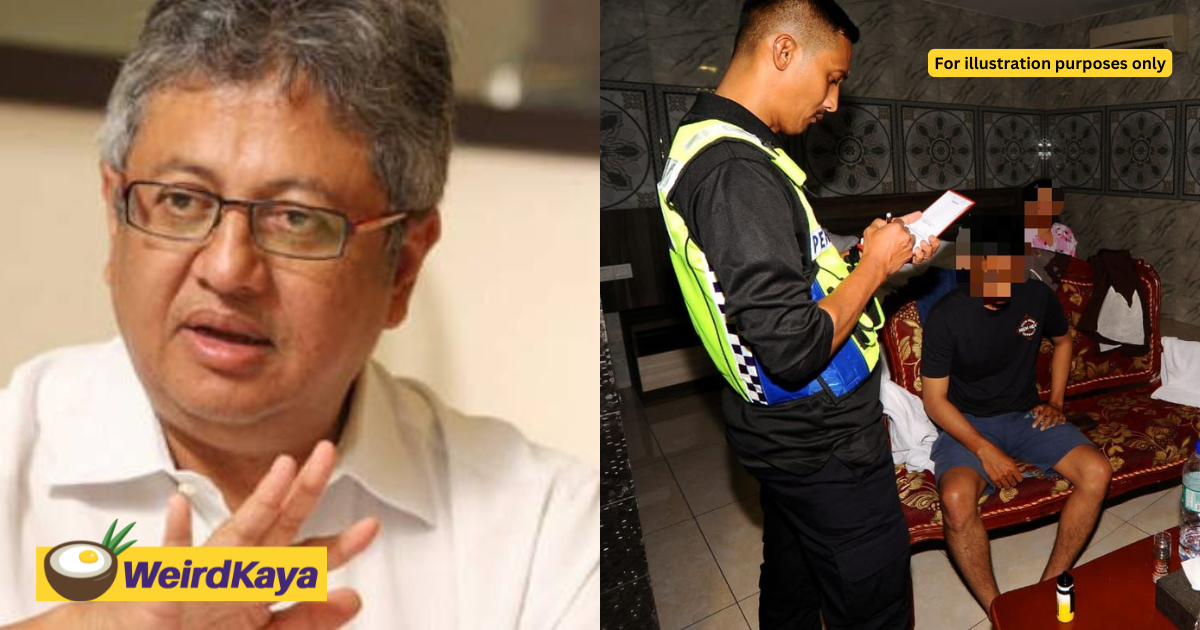“Even in Islamic tradition, tajassus (spying) is condemned; yet khalwat raids often rely on intrusive surveillance.”
That was the reminder from former Law Minister Datuk Zaid Ibrahim, who has reignited debate over Malaysia’s ‘khalwat’ laws.

In a strongly worded Facebook post, he argued that the offence does not just criminalise private morality, but also contradicts the very principles of fairness and compassion that Islam upholds.
Zaid’s remarks came after a couple in Kuantan was charged with khalwat (close proximity) and had to spend time in jail simply because they could not afford the RM1,500 bail.
“Khalwat is ambiguous; why create an offence that we should not be close?” he wrote, adding that such laws leave too much room for subjectivity, bias, and abuse of discretion.
‘A poor man’s offence’
According to Zaid, khalwat prosecutions reveal a deep class bias. Many cases involve couples caught in budget hotels, cars, or public spaces, settings that poorer Malaysians can access.

Wealthier Malays, however, often escape scrutiny because they can afford luxury hotels, private apartments, or discreet arrangements.
This makes khalwat a ‘poor man’s offence’. They go to jail not because the wealthy don’t commit it, but because the wealthy don’t get caught.”
Zaid also criticised the bail system, noting that RM1,500 may not mean much to middle- or upper-class families, but is crushing for hawkers, factory workers, and students.
“For many, that sum represents rent, food, or a month’s salary. When they cannot afford it, jail becomes the default option along with stigma, public shaming, and family pressure,” he said.
Why decriminalisation makes sense
Zaid argued that khalwat should not even be a crime in the first place.
He called it a private moral matter between individuals and God, not something that should land people in prison.
By decriminalising khalwat, he said, Malaysia could focus its resources on real harms such as domestic violence, sexual abuse, and exploitation; issues with direct victims.
He added that if the goal was to promote moral behaviour, it would be better achieved through education, family counselling, and community engagement rather than punishment.
The former law minister also threw the question directly to the current administration.
“Decriminalisation would not weaken faith, but instead restore justice and fairness. What say you, Azalina?” he asked, name dropping Minister in the Prime Minister’s Department (Law and Institutional Reform) Datuk Seri Azalina Othman Said.



